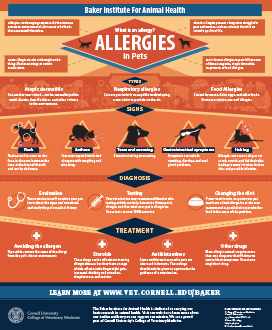Dog Daycare Temperament Testing
Dog Daycare Temperament Testing
Blog Article
What Vaccinations Are Required For Pet Dog Childcare?
Whether your canines spend time at childcare or boarding centers, they need to be current on all of their required inoculations. Core injections consist of Bordetella, rabies and DA2PP, which defend against common conditions that canines are exposed to when in close contact with others.
Non-core injections consist of canine influenza and leptospirosis shots. These are advised for pups that join other pet dogs regularly.
Core Vaccines
As a critical part of precautionary treatment, dog injections aid keep pet dogs secure from contagious conditions sent via straight get in touch with or polluted surface areas. Injections promote the body immune system to produce antibodies that combat condition, and the majority of veterinarians consider core dog vaccinations to be essential for all pets.
Rabies
Most trusted canine daycare facilities call for that your pet dog depend on day on their rabies inoculation. Vaccinations are administered to puppies as very early as 12-16 weeks old, and boosters are required every 3 years or two until adulthood. Rabies is a fatal viral condition that spreads out with saliva, usually from bites. Most states call for rabies inoculations for all pet dogs and felines, and some even mandate rabies boosters for pet dog proprietors.
Distemper/Parvovirus/Adenovirus (DHPP).
This combination vaccine covers canine distemper, parvovirus, hepatitis, and adenovirus, every one of which are extremely infectious. Most vet workplaces provide DHPP vaccines as one shot or in a collection of 2 to four shots, given 2-4 weeks apart, adhered to by a yearly booster. This vaccine is a requirement for the majority of boarding and dog daycare centers, in addition to numerous groomers.
Bordetella/Canine Parainfluenza Vaccine.
Bordetella bronchiseptica, generally referred to as kennel cough, is a really infectious respiratory infection caused by the microorganisms that triggers the disease. Signs and symptoms consist of persistent coughing, sneezing, nasal discharge, and high temperature. A lot of kennel cough episodes happen in crowded settings, such as day care or boarding facilities, and are particularly common in warmer climate. This injection is a requirement for a lot of daycare and boarding centers, and is frequently supplied in a combination with the DHPP vaccination.
Leptospirosis Injection.
This is a bacterial illness that spreads with contaminated water, dirt, and urine. Infection can cause kidney and liver damage, in addition to fatality, and is transmissible to humans. A lot of veterinarians will suggest this injection, based upon geographic area and way of life of the pet, for canines that spend time outdoors or at boarding centers, along with some groomers. This injection is normally provided as a series of two to four shots, spaced 2-4 weeks apart, with a yearly booster needed for many pets.
Lyme Condition Injection.
The most common tick-borne condition in the United States, Lyme disease is transmitted by the deer tick and can result in high temperature, joint discomfort, muscle mass soreness, and anorexia nervosa. The Lyme illness vaccine shields versus the most widespread stress of the virus, consisting of the H3N8 dog boarding near me within 5 mi and H3N2 pressures. Many vet facilities suggest this vaccination, specifically in high-risk locations, such as the Northeast, upper Midwest, Mid-Atlantic, and along the Pacific shore.
Noncore Vaccines.
Other canine vaccinations, while not required for all pet dogs, are suggested based upon the dog's way of life and geographical place. These include the following:.